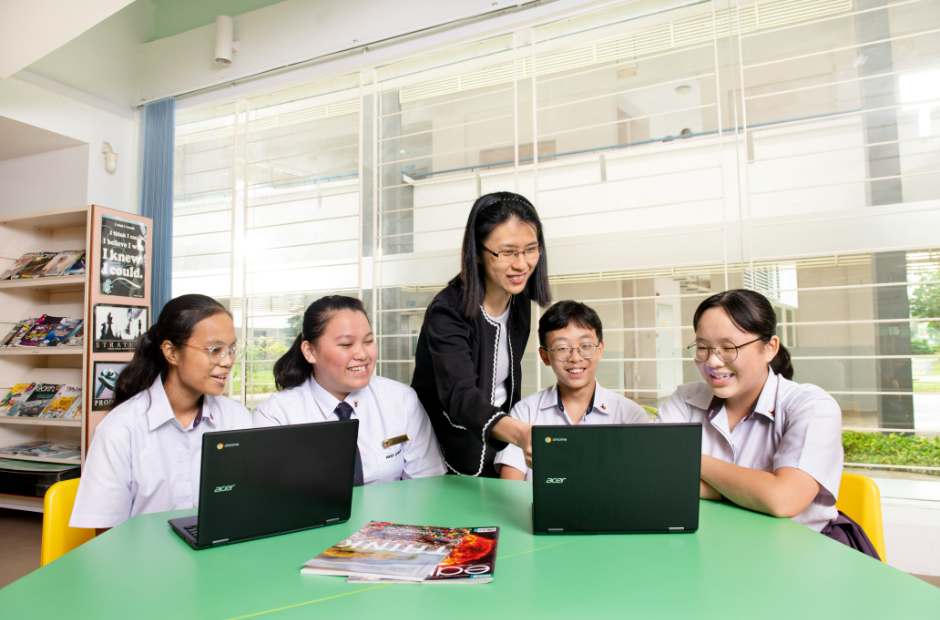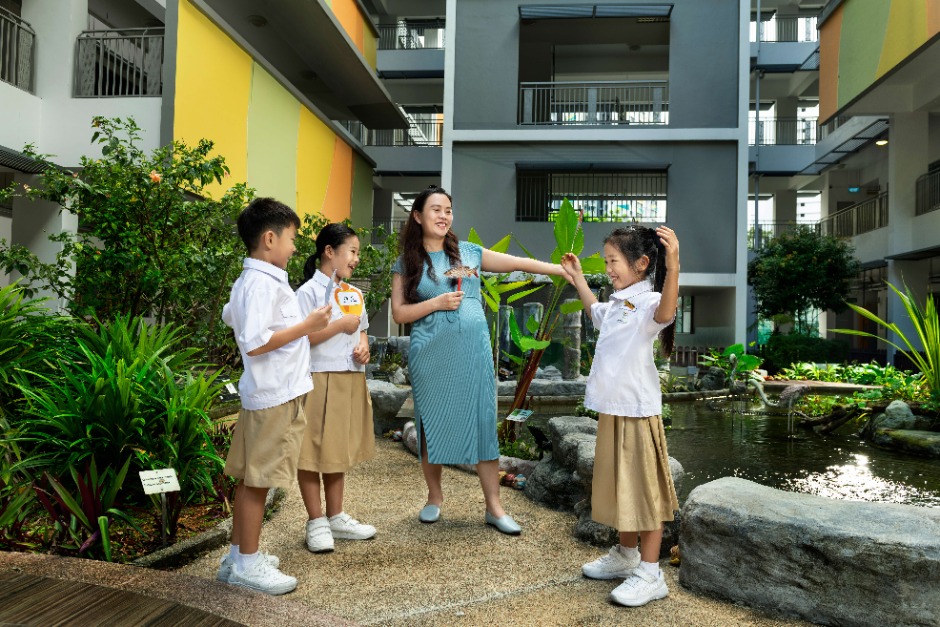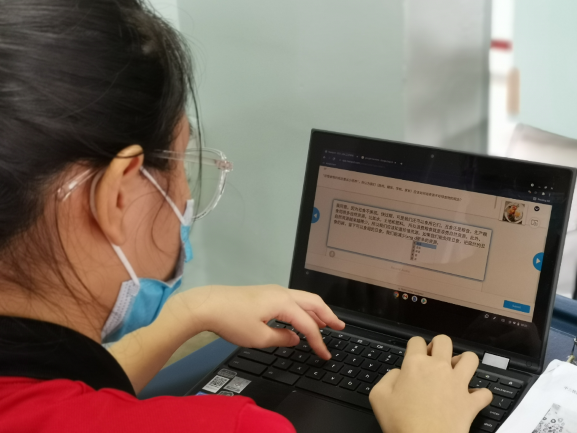Bilingualism in Singapore
20 Sep 2013

The East Asia Summit on Bilingualism was attended by more than 200 international language experts, policy makers and educators.
The home language environment in Singapore is changing. Compared to the past, more Singaporeans are now speaking English at home, which has resulted in varying levels of Mother Tongue language proficiencies among students.
“The practice of bilingualism can be affected by social and cultural developments and is shaped by the local context,” said Minister of State for Education and Communications and Information, Ms Sim Ann, at the East Asia Summit (EAS) Conference on Bilingualism held on 13 and 14 September 2013.
The conference, which facilitated sharing sessions and discussions on bilingual policies and practices, was attended by more than 200 international language experts, policy makers and educators from 18 EAS participating countries. The EAS was formed in 2005 as an open and inclusive forum to discuss issues of common interest and concern and to promote peace, stability and economic prosperity in East Asia.
Understanding Our Bilingual Policy
Professor Gopinathan, a keynote speaker at the conference and adjunct professor at the Lee Kuan Yew School of Public Policy, National University of Singapore, believes that bilingualism is not a solution that can be implemented with immediate effect, but is a solution that needs to be continually worked at and refined. Policies that were conceived in the early stages of nation building would need to be constantly refined with time and the trend of globalisation.

Professor Gopinathan shared how the policy and practice of bilingualism in Singapore has been refined over the years.
“That’s the Singapore style. Once we believe in something, we persist,” said Professor Gopinathan, as he shared how bilingualism policy was perpetuated in Singapore during the earlier years, through the community, mass media and the education system.
Though it may not be perfect, with persistence in implementation, significant shifts have been observed in Singapore. Today, a majority of Singaporeans below 40 are bilingual, with varying degrees of proficiency, and we continue to refine our model of bilingualism, for greater effectiveness to benefit our future generations.
The Importance of Starting Early
Studies have shown that a multilingual brain is nimbler and quicker. It is better able to deal with ambiguities, resolve conflicts and even resist ageing conditions such as forms of dementia for a longer period of time. Aside from these benefits, learning more than one language enables us to navigate better in a globalised world. It is also important to equip our students with this skill when they are at the age of better absorption of language.

At the East Asia Summit Conference, Minister of State for Education and Communications and Information, Ms Sim Ann,shared about Singapore’s efforts to promote bilingualism with other international delegates.
“Schools have been doing this in many creative ways and I think at the same time, draw on the support of parents as well as community groups to make language learning a lot more fun and engaging for our students,” said Ms Sim Ann, who is also the Vice-Chairman of the Lee Kuan Yew Fund for Bilingualism.
The Lee Kuan Yew Fund for Bilingualism was set up in 2011 to focus on building strong language foundations at a young age. Bilingual teaching and learning resources have been developed with the support of the fund, including picture books, songs, games and magazines for pre-school children.
Language is also inextricably linked to culture, values and traditions. By promoting bilingualism in schools, our students will also have the opportunity to be acquainted with their cultures, and instil a sense of rootedness in them. Bilingualism itself has become a hallmark of a Singaporean, and a cornerstone of our education system.



.jpg)

